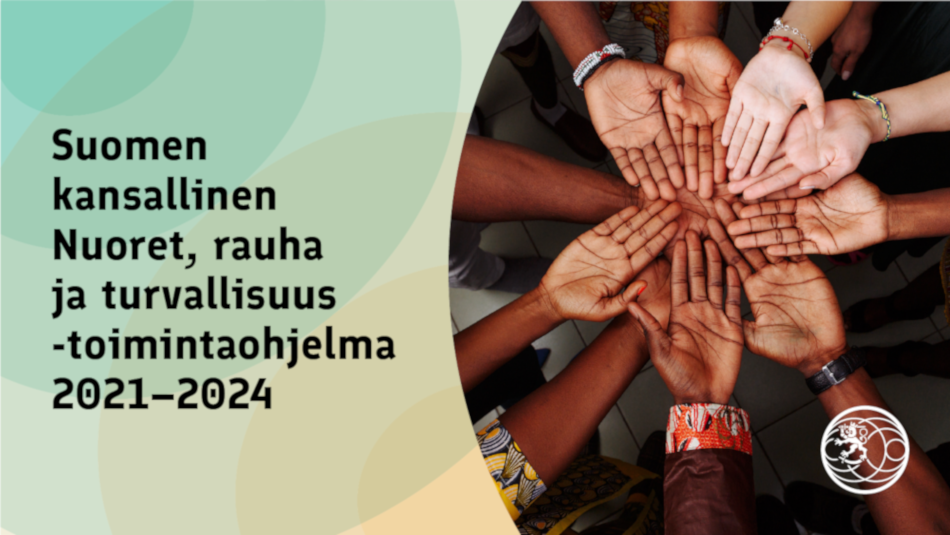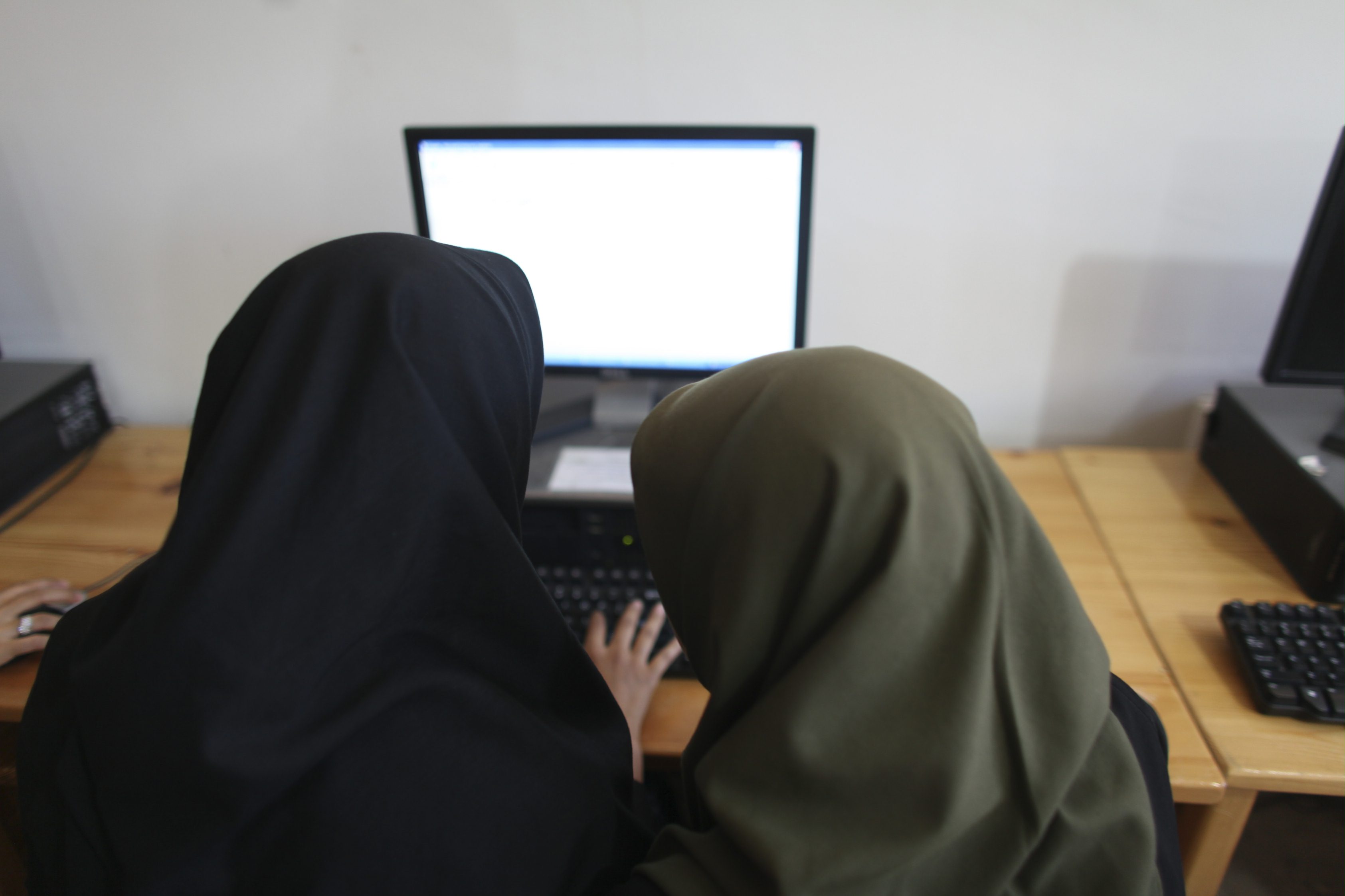NordenBladet — As part of its Presidency of the Nordic Council of Ministers in 2021, Finland will organise the Council’s ministerial meetings. Minister of Economic Affairs Mika Lintilä will chair three meetings of the Nordic Council of Ministers for Sustainable Growth. The meetings of ministers in charge of economic affairs and regions will take place on 16 September, while energy ministers will convene on 17 September. All meetings will be organised as hybrid meetings from Helsinki. The joint theme of the meetings is “Nordic strengths in the green recovery – A sustainable and digital future”. Through active cooperation during Finland’s Presidency, the member countries aim to create a greener, more competitive and socially sustainable Nordic region. Ministers of economic affairs to discuss coronavirus, tourism and minerals The ministers of economic affairs will meet on Thursday 16 September 2021. The meeting will discuss the coronavirus pandemic’s effects on business and industry, recovery-related cooperation, promotion of sustainable tourism and sustainable production of minerals.At the beginning of the meeting, General Secretary of the Nordic Council of Ministers Paula Lehtomäki will speak about the current state of the cooperation programme for 2018–2021 and the business initiatives supporting the common vision for 2030.Ministers will consider the effects of the coronavirus pandemic on the Nordic community, in particular the post-pandemic situation in the business sector, and the ways in which Nordic cooperation can promote recovery. Risto Siilasmaa, chief executive of F-Secure, will give a speech on the impacts of the pandemic and the opportunities it offers for business. The ministers are expected to adopt a policy on utilising new opportunities offered by Nordic cooperation.The ministers will also decide on an initiative aimed at implementing the Nordic cooperation plan on tourism and other priorities of tourism policy in 2021–2024. The initiative aims to strengthen the sustainable development of the tourism sector and to contribute to the sector’s recovery from the pandemic. The ministers will decide on the implementation of the initiative and its funding.The third issue is sustainable mineral production, where the ministers will decide how the Nordic countries will deal with raw materials issues in the future and which measures will receive earmarked funding. Kimmo Tiilikainen, Director General of the Geological Survey of Finland, will present a report on critical raw materials in the Nordic countries, which will be released during the meeting. The Geological Survey has coordinated the preparation of the report. Finally, Peter Handley, Head of the Energy-Intensive Industries and Raw Materials in the European Commission’s Directorate-General for Growth will speak about the potential role of the Nordic Countries in raw materials-related issues. Regional ministers to explore green recovery and multilocalityThe meeting of regional ministers will take place on Thursday 16 September 2021 immediately after the meeting of the ministers of economic affairs. The regional ministers will discuss the green recovery and multilocality.Following a review by General Secretary Lehtomäki, ministers will discuss multilocality as a means for strengthening the vitality of regions, cities and rural areas. Rolf Élmer, Director of Nordregio, the Council’s research institute on Nordic regional development, will speak about the perspectives on multilocality in the Nordic countries. The ministers will decide on a launch of a multilocality study project.The ministers will also hold a roundtable discussion on the regional effects of the coronavirus pandemic, the opportunities for green recovery in different regions, and the measures to support and fund recovery in member countries.Preliminary remarks will be given by Jens Suedekum, Professor of Economics at the University of Düsseldorf and an expert on regional economics and development, and Juha-Matti Saksa, Rector of the Lappeenranta University of Technology, on issues related to regional economics and sustainable growth. Energy ministers to discuss climate neutrality, electrification, hydrogen and new technologiesThe meeting of energy ministers will be held on Friday 17 September. The main themes include the adoption of the energy cooperation programme for 2022–2024, cooperation on the electricity market and new energy technologies.Kaisa Hietala, member of the board of Exxon Mobil, will give an introductory speech on climate neutrality and its promotion. General Secretary Lehtomäki will also give an update on the current situation at the start of the meeting.The ministers will approve the electricity market working group’s updated roadmap until 2030. They will also discuss the development of offshore wind power. The discussion will be based on a presentation by researcher Klaus Skytte from Nordisk Energiforskning (a Nordic energy research institute) on the results of a scenario analysis of electrification. Ministers will also adopt an energy cooperation programme for 2022–2024 and discuss the “Our vision 2030” action programme in the energy sector. In addition, ministers will discuss the EU’s green recovery and the Green Deal programme, with the focus on energy efficiency and renewable energy. The discussion will be based on a recorded speech by Energy Commissioner Kadri Simson, who will describe the Fit for 55 climate package published by the European Commission on 14 July 2021.Ministers will also debate sector integration and new technologies, such as Nordic hydrogen and carbon capture, use and storage as well as the first results of the joint Nordic project. Ministers are expected to decide on the next steps in this field.Finland’s Presidency of the Nordic Council of Ministers in 2021Finland holds the Presidency of the Nordic Council of Ministers in 2021. Finland’s Presidency programme leans strongly on the new vision of the Nordic Council of Ministers: the Nordic region will be the most sustainable and integrated region in the world by 2030. Key themes for the sectors of the Ministry of Economic Affairs and Employment include: low-carbon economy and digitalisation; bioeconomy and circular economy; sustainable use of natural resources and innovations that meet the new sustainable development criteria; green and digital transition as boosters of sustainable growth and competitiveness; urban cooperation; and security of supply of the economy and society; and the restoration of mobility. Unexpected crises, such as the coronavirus pandemic, show the importance of maintaining resilience and reliability.
Source: Valtioneuvosto.fi

 In the 2000s, women working in professions have, through their example, influenced attitudes in their communities on the social status of women in Afghanistan. Photo: VWPics / Press photo
In the 2000s, women working in professions have, through their example, influenced attitudes in their communities on the social status of women in Afghanistan. Photo: VWPics / Press photo